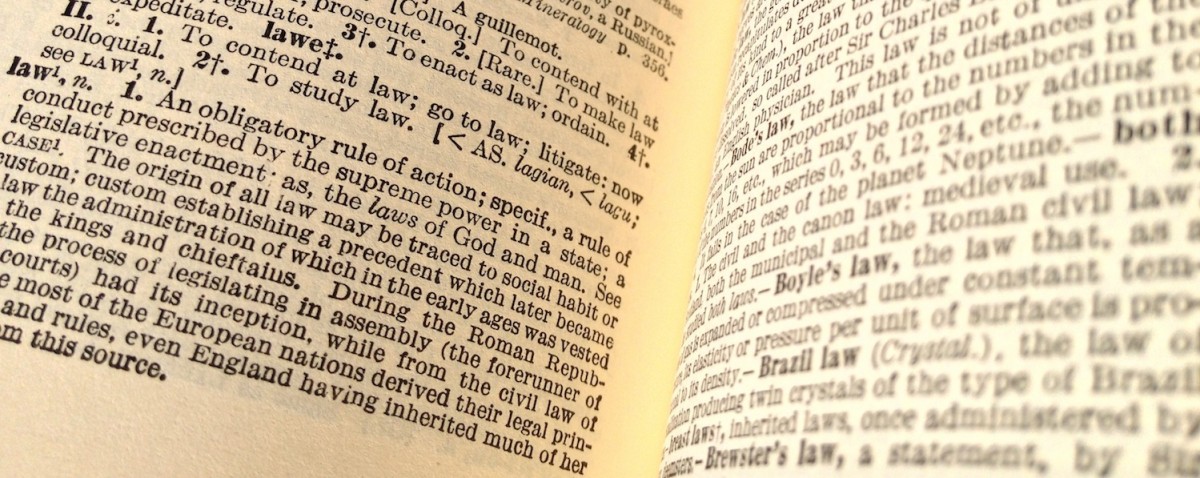So much for that portfolio
Obligatory disclaimer: even though I am a lawyer, this isn’t legal advice so don’t rely on it. I’m just sharing a few thoughts to spark an awareness of a legal challenge so verify with your lawyer.
This link bait-style title was inspired by a question a friend asked me recently about creating writing portfolios. We were discussing ways to create portfolios of our work which become dynamic collections showcasing our writing skill and I suggested trying Medium.
I’m a big fan of having your own site on your own domain so my starting point is usually creating your own blog at your domain (like mine). That said, for people who don’t have the inclination or patience to set up a site, a Medium profile can be a pretty easy way to create a portfolio and even gain a little attention in the process. I did something along these lines with Digital Stunt Factory.
Gone at the stroke of a pen
I suggested that he import his blog posts and articles from various sources into his Medium profile using the “Import story” feature. It got me thinking about the copyright implications of doing that so I did a little research. It turns out that, as an employee, you probably gave up your rights to your writing. Many employment contracts have clauses like this:
Employee acknowledges that any original works of authorship s/he creates, whether alone or jointly with others, within the scope and during the period of employment with Company, shall be deemed a “work made for hire” as defined by the United States Copyright Act and are protected in accordance therewith. To the extent that such work is not, by operation of law, a work made for hire, Employee hereby transfers and assigns to Company all his/her right, title and interest therein, up to and including copyright.
There is often another clause that deals with something called “moral rights” which the contract may require the employee to waive or otherwise give up.
For writers who put a huge amount of effort into their work and take pride in their literary brilliance, clauses like this are analogous to amputations and this is why:
- The “work made for hire” clause has the effect of saying that your brilliance which you create as an employee actually belongs to your employer and you don’t have any rights to it from the moment you start populating that blank screen.
- If your contract has a clause that requires you to waive your “moral rights”, that basically means you give up your right to be known as the author of your professional work.
The effect of these kinds of clauses is to take your work from you and create a fiction that you didn’t create it and a legal fact that you have no rights to do anything other than admire it from afar. When it comes to building a portfolio, it also means you can’t just add it to your portfolio website and point to it as proof of your creative genius.
In other words …
You didn’t write this, it isn’t yours, just keep working
There are other options for building your portfolio which could work. One option is to simply point to an author page of the company blog that lists your articles by author (if you have that option). You could create a collection of links to “your” articles and insinuate that you may be the author of those marvelous works.
The best way to avoid this situation is not to sign a contract that contains those legal scalpels. At the very least, hold on to your moral rights so you can publicly assert that you wrote those works.
Best case scenario: you negotiate clauses that give your employer co-ownership of your work (most employers would insist on this level of control) while retaining co-ownership yourself. That gives your employer the security of knowing it can do what they want with your work (because, after all, it is paying you to write that stuff) and you have the rights to do stuff with it all too, such as include it all in your portfolio.
Just something to consider. If your written art means something to you, that is.
This article was originally published on Medium on 2015-12-25 as “When you signed away your rights to your writing“.

 RSS – Posts
RSS – Posts
What do you think?